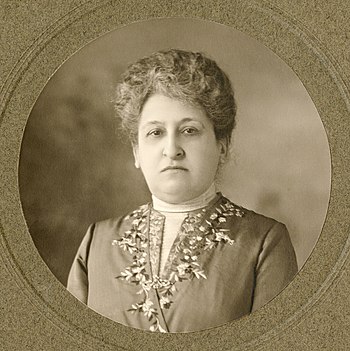Aletta Jacobs (1854–1929) was a Dutch physician and women's suffrage activist. Jacobs strove throughout her life to change laws that limited women's access to equality, starting in 1883 with an unsuccessful court challenge and eventually achieving success 100 years ago today, on 18 September 1919, with the signing of a suffrage bill into law. She is also noted for founding the world's first birth control clinic, in 1882. As a child Jacobs yearned to become a doctor like her father and, despite existing barriers, she fought to gain entry to higher education and became the first woman officially to attend a Dutch university, and one of the first female physicians in the Netherlands. Providing medical services to women and children, she grew concerned over the health of working women, and although she continued to practice medicine until 1903, she increasingly turned her attention to activism with a view to improving women's lives. In addition to her suffrage work she led campaigns aimed at deregulating prostitution, improving women's working conditions, and promoting peace.Photograph credit: Max Büttinghausen; restored by Adam Cuerden
